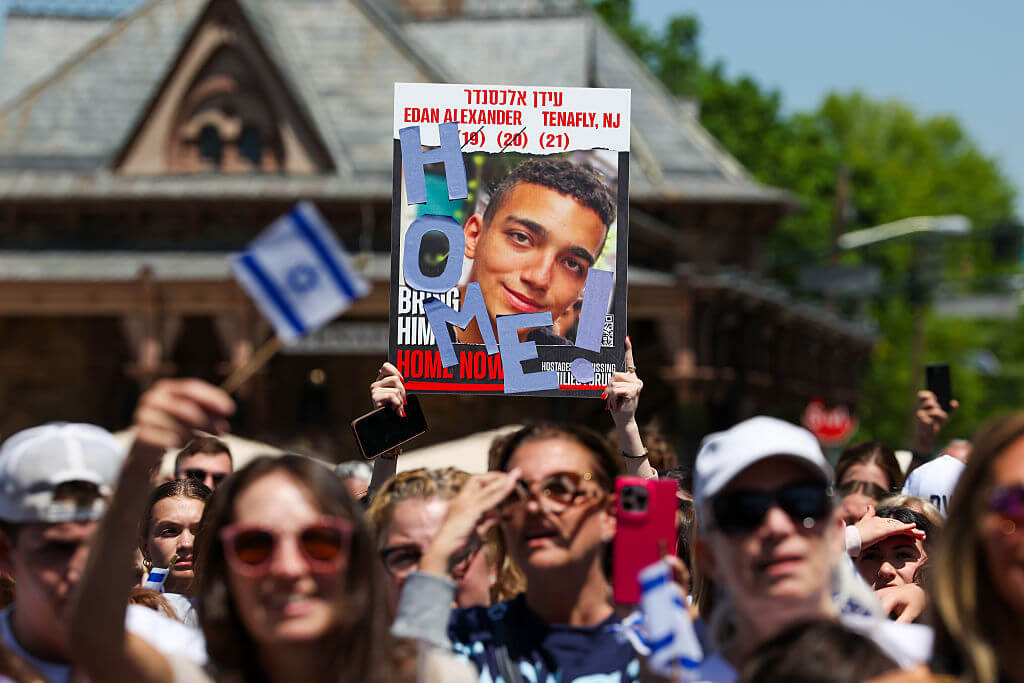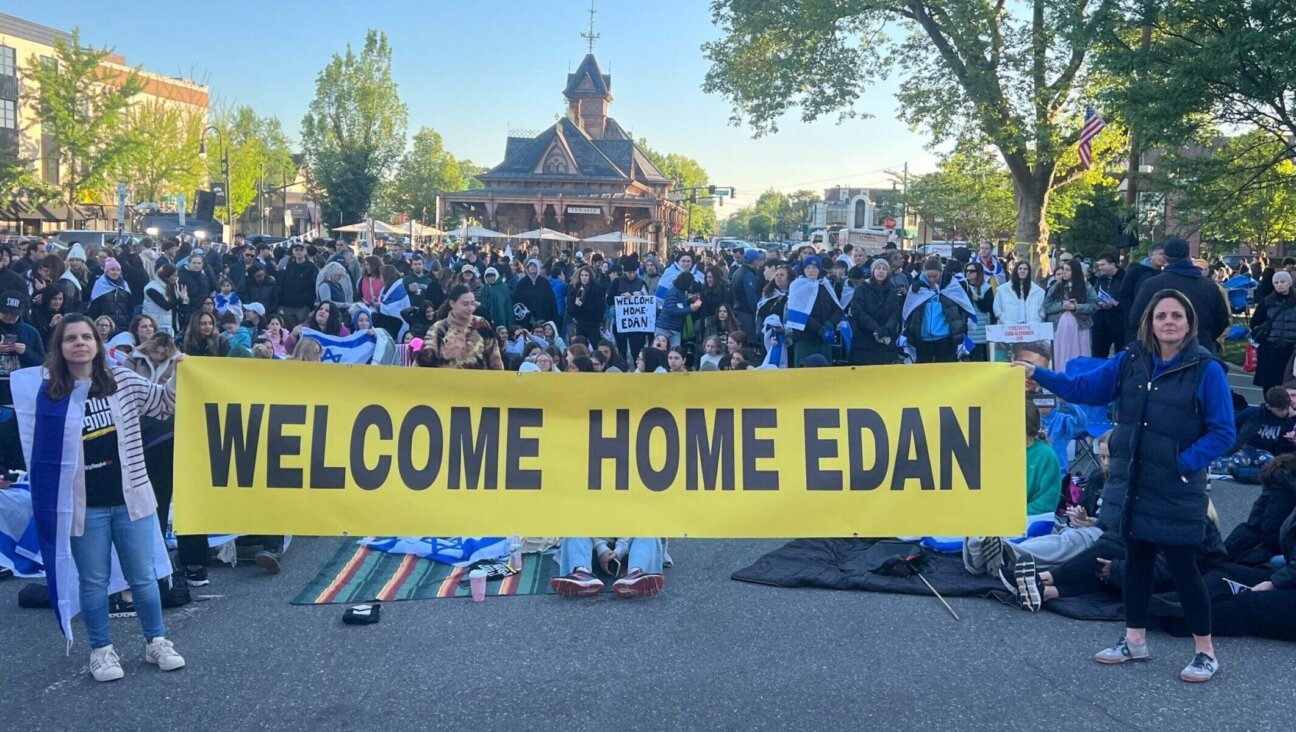Federal Court Rules Against Rocket Victims in Hezbollah Bank Suit

Image by Getty Images
A U.S. court on Wednesday rejected an appeal by victims of Hezbollah rocket attacks in Israel who sought to hold Lebanese Canadian Bank SAL liable for financing Hezbollah through its New York account with American Express Bank.
By a 3-0 vote, the 2nd U.S. Circuit Court of Appeals in New York said it lacked jurisdiction over the Lebanese bank because customary international law immunized corporations from liability from claims under the federal Alien Tort Statute (ATS).
Circuit Judge Richard Wesley said the panel was bound by a December ruling from another 2nd Circuit panel upholding the dismissal of a similar case against Arab Bank Plc .
The court is deeply divided over whether it should adhere to its 2010 ruling barring ATS lawsuits against corporations. Several of its judges urged unsuccessfully in May that the Arab Bank case be reargued.
Lebanese Canadian Bank (LCB) has been sued by dozens of American, Canadian and Israeli citizens injured by Hezbollah rocket attacks in 2006, or who had family members killed in those attacks.
The plaintiffs said LCB, which has no U.S. offices or employees, made it easier for Hezbollah to attack Jewish civilians in Israel by wiring millions of dollars on behalf of the group’s Shahid (Martyrs) Foundation affiliate.
The U.S. statute lets non-U.S. citizens seek damages in U.S. courts for human rights violations abroad.
But the U.S. Supreme Court in 2013 narrowed its reach in Kiobel v Royal Dutch Petroleum, saying claims must sufficiently “touch and concern” the United States to displace the presumption that the ATS does not cover foreign conduct.
Wesley said the claims against the bank did so. He said its wire transfer services in New York had “a substantial effect on Hezbollah’s actions insofar as they ‘enabled’ and ‘facilitated’ terrorist rocket attacks harming or killing plaintiffs and their decedents.”
But he said “we are not free” to reconsider the Arab Bank panel’s conclusion that banning ATS lawsuits against corporations, adopted in an earlier part of the Kiobel case, remained good law.
Robert Tolchin, a lawyer for the plaintiffs, said he plans to appeal.
“It is plain that the panel is not happy with the decision of the Arab Bank panel,” he said. “Every other circuit court has ruled that corporations can be sued under the Alien Tort Statute.”
Douglas Mateyaschuk, a lawyer for LCB, declined immediate comment.—Reuters
The Forward is free to read, but it isn’t free to produce

I hope you appreciated this article. Before you go, I’d like to ask you to please support the Forward.
Now more than ever, American Jews need independent news they can trust, with reporting driven by truth, not ideology. We serve you, not any ideological agenda.
At a time when other newsrooms are closing or cutting back, the Forward has removed its paywall and invested additional resources to report on the ground from Israel and around the U.S. on the impact of the war, rising antisemitism and polarized discourse.
This is a great time to support independent Jewish journalism you rely on. Make a gift today!
— Rachel Fishman Feddersen, Publisher and CEO
Support our mission to tell the Jewish story fully and fairly.
Most Popular
- 1

Fast Forward Ye debuts ‘Heil Hitler’ music video that includes a sample of a Hitler speech
- 2

Opinion It looks like Israel totally underestimated Trump
- 3

Culture Is Pope Leo Jewish? Ask his distant cousins — like me
- 4

Fast Forward Student suspended for ‘F— the Jews’ video defends himself on antisemitic podcast
In Case You Missed It
-

News In Edan Alexander’s hometown in New Jersey, months of fear and anguish give way to joy and relief
-

Fast Forward What’s next for suspended student who posted ‘F— the Jews’ video? An alt-right media tour
-

Opinion Despite Netanyahu, Edan Alexander is finally free
-

Opinion A judge just released another pro-Palestinian activist. Here’s why that’s good for the Jews
-
Shop the Forward Store
100% of profits support our journalism
Republish This Story
Please read before republishing
We’re happy to make this story available to republish for free, unless it originated with JTA, Haaretz or another publication (as indicated on the article) and as long as you follow our guidelines.
You must comply with the following:
- Credit the Forward
- Retain our pixel
- Preserve our canonical link in Google search
- Add a noindex tag in Google search
See our full guidelines for more information, and this guide for detail about canonical URLs.
To republish, copy the HTML by clicking on the yellow button to the right; it includes our tracking pixel, all paragraph styles and hyperlinks, the author byline and credit to the Forward. It does not include images; to avoid copyright violations, you must add them manually, following our guidelines. Please email us at [email protected], subject line “republish,” with any questions or to let us know what stories you’re picking up.














